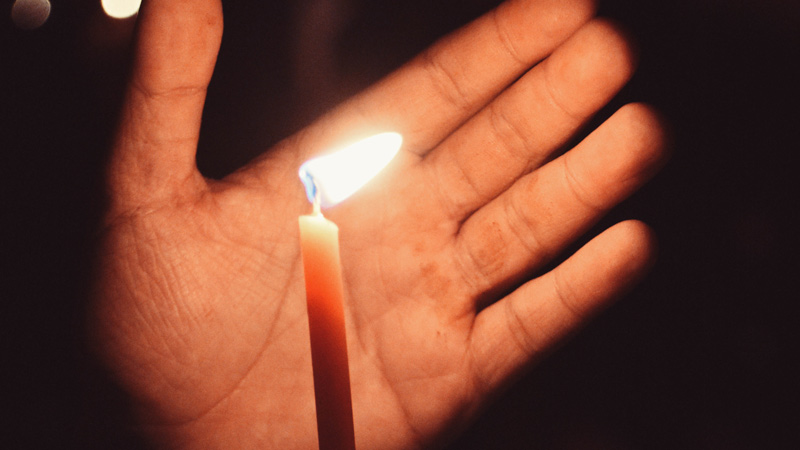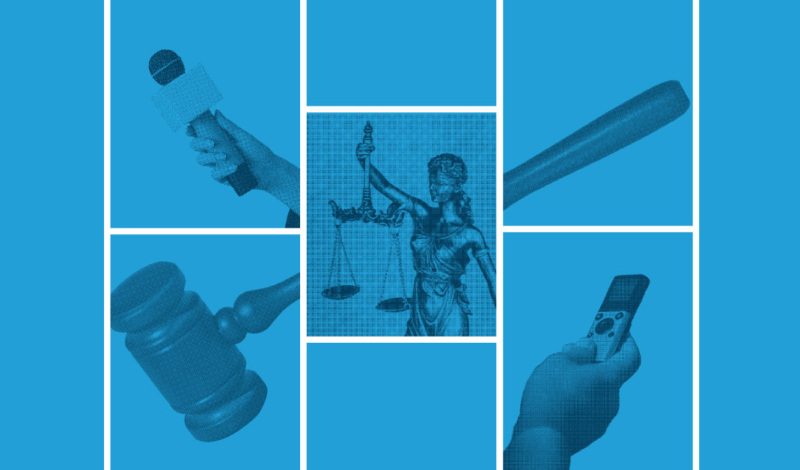
A proposal to honor journalists who died doing their jobs
One year ago today, a gunman opened fire in the newsroom of the Capital Gazette in Annapolis, Maryland. The attack took the lives of five people, four of them journalists, on the deadliest day for American journalism in modern history.
With that tragedy in mind, legislation introduced in Congress this week deserves everyone’s support. The Fallen Journalists Memorial Act of 2019 (H.R. 3465 in the House, S. 1969 in the Senate) would authorize the Fallen Journalists Memorial Foundation to raise funds and work to locate and erect a memorial on federal land in Washington to pay tribute to journalists who have died while doing their jobs — including those slain in Annapolis.
This legislation stands apart in this climate of political division and partisan rancor because it has bipartisan sponsorship in both the House and the Senate. And it comes at a time when public officials and others irresponsibly label reporters as “enemies of the people” and decry information unfavorable to them or their cause as “fake news.”
David Dreier, the chairman of the Capital Gazette’s parent company, Tribune Publishing, and a former Republican member of Congress, leads the foundation, which operates under the auspices of the National Press Club Journalism Institute, the press club’s nonprofit affiliate.
The memorial, to be funded solely by money raised privately, would honor fallen journalists from around the world as limits on press freedom and attacks on journalists escalate. Reporters Without Borders’ 2019 World Press Freedom Index noted that threats against reporters are mounting worldwide, with just 24% of countries rated as having a “good” or “satisfactory” climate for the practice of journalism.
At NLP, we value the role of a free press and the practice of responsible journalism. Lessons in our Checkology® virtual classroom help young people understand and appreciate the vital role of a free press in a healthy democracy. Students also gain an understanding of the First Amendment, explore how press freedoms differ around the world, and learn and practice the standards of quality journalism.
Every day, journalists risk their lives to report the news so the public can make informed decisions about their world. Sometimes that work proves to be deadly. This memorial would honor those individuals — from Ernie Pyle to Marie Colvin to Jamal Khashoggi — while also recognizing the incalculable worth of a free press to a healthy democracy.


